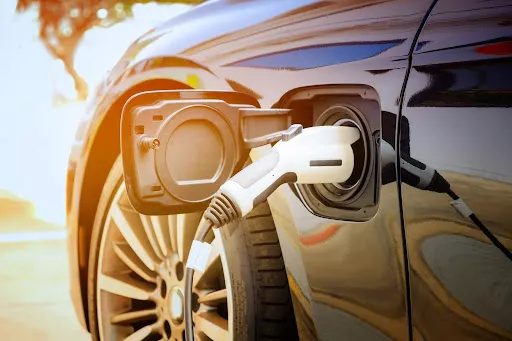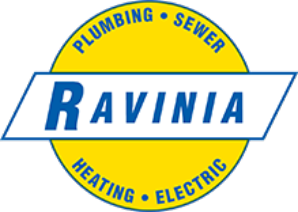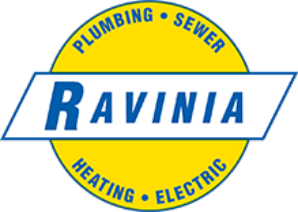
Electric vehicles (EVs) have been growing in popularity due to their reduced carbon footprint compared to cars that run on gas (https://raviniaplumbing.com/blog/types-of-electric-vehicles/). Rising gas prices may accelerate that trend.
If you buy an EV, you of course will need to charge it. While the number of public charging stations is increasing, many people are finding it to be a smart solution to install an EV charging station in their homes.
Benefits of Having a Home EV Charging Station
Here are the benefits of having a home electric vehicle charging station:
- Cost savings. When you “fill up” at a public station, you not only are paying for the electricity, you are paying a service fee. Install a station at home, and you are only paying for the electricity. Over time, the cost savings from having your own station will cover the cost of the station.
- Convenience. Having to take your car to a public charging station can be a timely process, as can searching for one. Plus, public EV charging stations – while increasing in number – are not always convenient. With an EV home charging station, it’s easy – like having your own personal fuel pump.
- Increased property value. With more and more people driving EVs, there is a greater chance that when you sell your house you will sell it to someone with an electric car. That makes the charging station a great enhancement.
Choosing an EV Charging Station
There are numerous things to consider when buying a charging station.
- Type of charging station. The main decision is the type of charging station. There are three types:
- Level 1 charging stations use 110V power and can be plugged into a standard outlet in your garage. These are the slowest EV chargers as they may require up to 24 hours to reach full level. These will be less expensive than Level 2 charging stations and are ideal for those who drive less than 40 miles a day. A Level 1 charger may come with your EV. Otherwise, it will cost about $300, plus installation cost.
- Level 2 stations use 208/240V power and require a separate dedicated circuit. But they charge faster and can achieve a full charge in three to seven hours. A level 2 charger will cost $500 – $1,200, plus installation.
- Level 3 stations (also called direct current fast chargers) are the ones that look like gas pumps that you see at public charging stations. They are fast, but not really feasible for in home, as they cost from $12,000 – $35,000, plus installation.
- Location and length of charging cable. Determine where you want to locate your station. Measure the distance from that point to the charging port in your car. Make sure you have enough cable to reach the port.
- Portability. Have your electrician install a NEMA 14-50 or similar outlet into the wall. Then you can put a matching plug on a pigtail mounted to your charging station. You can plug the station into the outlet, and then unplug it if you move or want to relocate it.
- Connectivity. There are Wi-Fi enabled charging stations that may include timers, meters, touchscreens and capabilities for monitoring and adjusting charging events remotely. These features will add to the cost.
Contact Ravinia Plumbing, Sewer, Heating & Electric for an EV Charging Station
If you have an EV or are in the market for one, we can help you select and then install an EV charging station. We’ve been in business since 1928, and we’ve made a name for ourselves as one of the most trusted and reliable plumbing, sewer, heating and air conditioning, and electrical companies in Chicagoland. Visit Ravinia Plumbing today to learn more, or check out our careers page to view our current openings.




